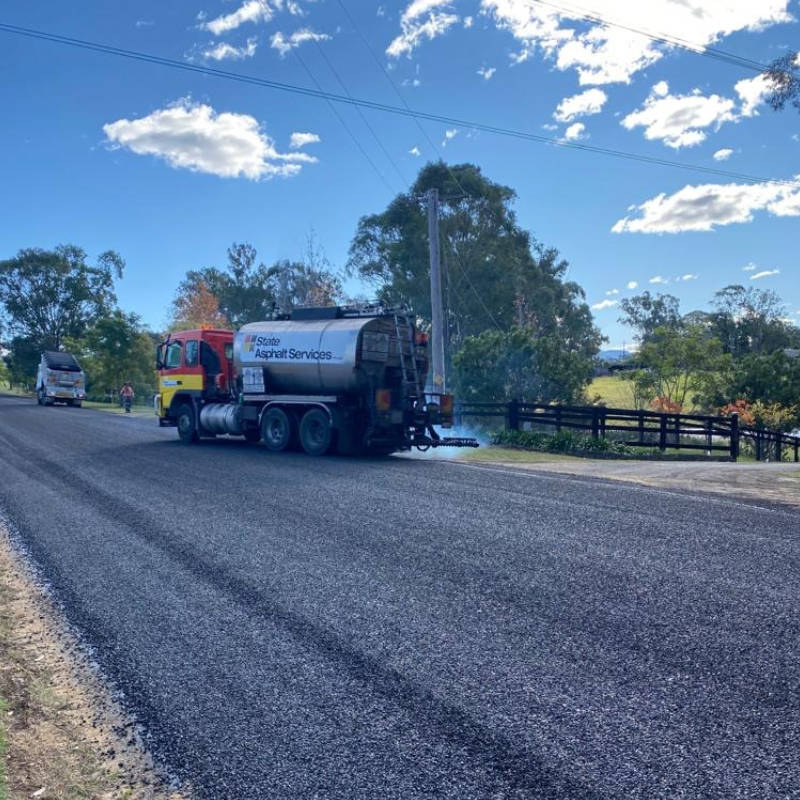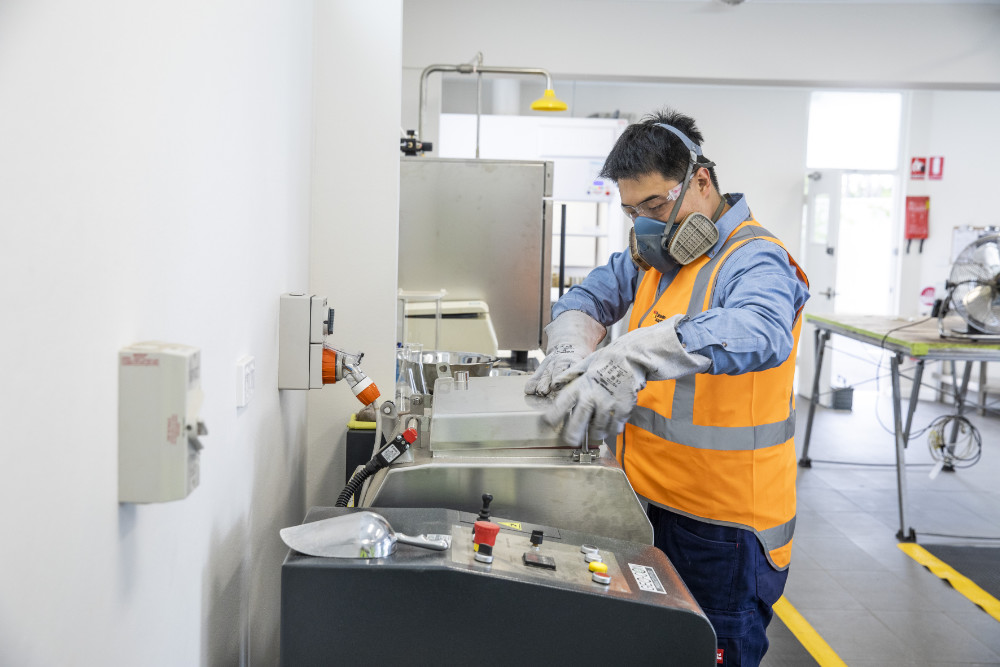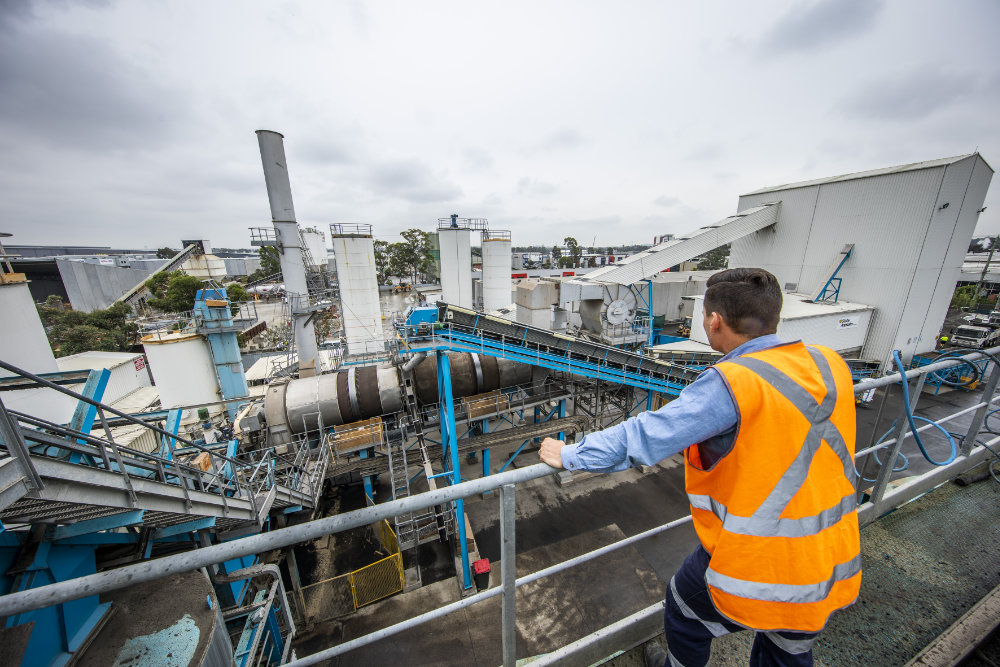Innovations in Asphalt Technology
Today, asphalt is everywhere—from the roads we drive on to the parking lots and driveways we use daily. Yet, we often overlook how crucial it is for modern infrastructure. Recent innovations in asphalt technology are transforming the industry, improving road safety, sustainability, and efficiency. But what is asphalt used for, and why are these innovations so important?
Let’s explore some of the exciting advancements shaping the future of asphalt and why asphalt experts are continually refining this essential material.
What is Asphalt Used For?
Before exploring the latest innovations, it’s important to understand what is asphalt used for. Asphalt is a composite material made of aggregates (such as sand, gravel, or crushed stone) bound together by binder which is usually bitumen. It’s primarily used for road construction but also in parking lots, driveways, runways, and pathways. The combination of durability, flexibility, and cost-effectiveness makes asphalt the preferred choice for various applications.
But why do they use asphalt instead of concrete? Asphalt’s flexibility makes it better suited to handle temperature fluctuations and heavy traffic without cracking. Additionally, asphalt is more cost-effective to install and maintain, so it’s widely preferred for road surfaces.
Why Asphalt is Used for Roads

There are several reasons why asphalt is used for roads instead of other materials like concrete. For starters, asphalt’s smooth, flexible surface provides a safer and quieter ride for motorists. It also has lower installation costs and a quicker construction process, meaning roads can be built or resurfaced faster.
One of the biggest benefits of asphalt is its ability to handle extreme weather conditions. Asphalt’s flexibility allows it to expand and contract with temperature changes, reducing the risk of cracks. That’s why it’s often the material of choice for high-traffic areas, highways, and roads.
Advances in Asphalt Technology
In recent years, the asphalt industry has seen significant technological advancements, improving the overall quality and sustainability of road materials. Here’s a look at some of the most exciting innovations.
Recycled Asphalt: A Sustainable Solution
One of the most common sustainable asphalt solutions recycled asphalt. This material, known as Reclaimed Asphalt Pavement (RAP), is made by recycling old asphalt from roadways and repurposing it for new projects. By reusing this material, the industry reduces the need for new raw materials, conserves natural resources, and minimises waste in landfills.
So, what is recycled asphalt? Essentially, it’s a blend of previously used asphalt that’s been milled, heated, and reprocessed. Incorporating recycled asphalt into new projects not only cuts costs but also contributes to more sustainable road materials. Modern technology allows for the use of up to 100% recycled asphalt in some cases, which is a game-changer for reducing the environmental impact of road construction.
Why Do They Use Asphalt Instead of Concrete?
The debate between asphalt and concrete has long been a topic in the construction world. But why do they use asphalt instead of concrete for most roads? One key reason is that asphalt is much easier to work with. It has a quicker curing time, meaning roads can be reopened faster after construction or repair.
While durable, concrete tends to crack from temperature changes or movement of the subgrade earth and rock below the concrete. . Asphalt, on the other hand, can flex without breaking, making it ideal for high-traffic areas. Asphalt also offers easier and less expensive maintenance, as potholes and cracks can be repaired quickly.
The Role of Experts
Behind every road, driveway, or parking lot, there’s a team of asphalt experts ensuring the job is done right. As technologies evolve, these professionals stay at the forefront of innovations like asphalt material testing laboratories, which ensure that every batch of asphalt meets strict quality and safety standards.
These laboratories play a crucial role in evaluating the strength, durability, and performance of new asphalt mixtures, including those incorporating recycled materials or additives. This ensures that the roads we drive on are not only long-lasting but also safer and more sustainable.
The Future of Sustainable Road Materials

As environmental concerns grow, the asphalt industry is stepping up with more sustainable road materials. From recycled asphalt to porous asphalt that improves drainage, these innovations are helping to reduce the environmental footprint of road construction.
The use of asphalt spray sealing techniques also contributes to sustainability by protecting road surfaces from weather damage, reducing the need for frequent repairs, and extending the lifespan of pavements. The shift toward sustainable road materials is essential for the future of infrastructure, ensuring that roads are not only durable but also environmentally friendly.
Embracing the Future of Asphalt Technology

Innovations in asphalt technology are making roads safer, more sustainable, and longer-lasting. From the use of recycled asphalt to cutting-edge paving techniques, the industry is continuously evolving to meet modern demands. Whether it’s through intelligent paving machines or self-healing materials, these advancements are paving the way for a smarter, more sustainable future.
For all your paving needs, trust the right experts to guide you through the latest technologies and solutions, ensuring your projects are completed efficiently and to the highest standards. Contact the asphalt experts at the Kypreos Group today.